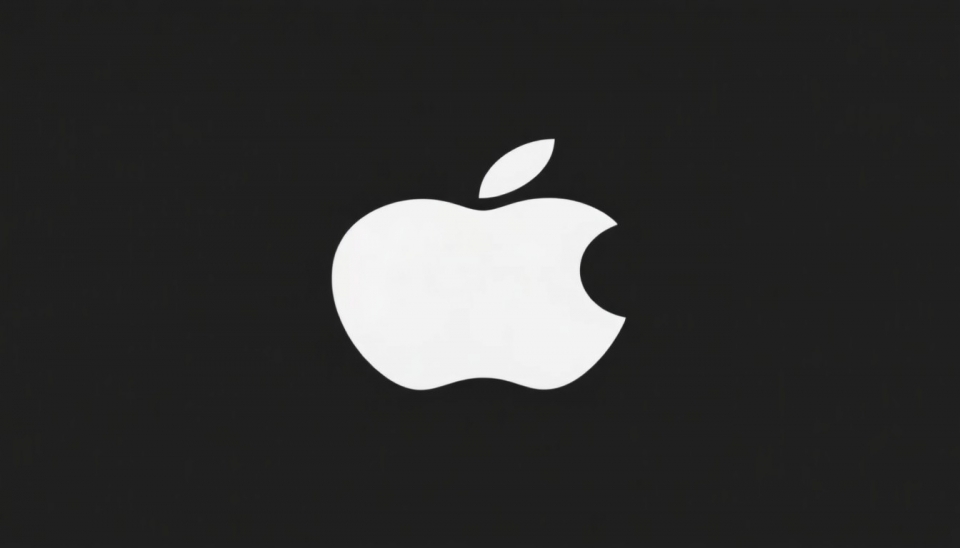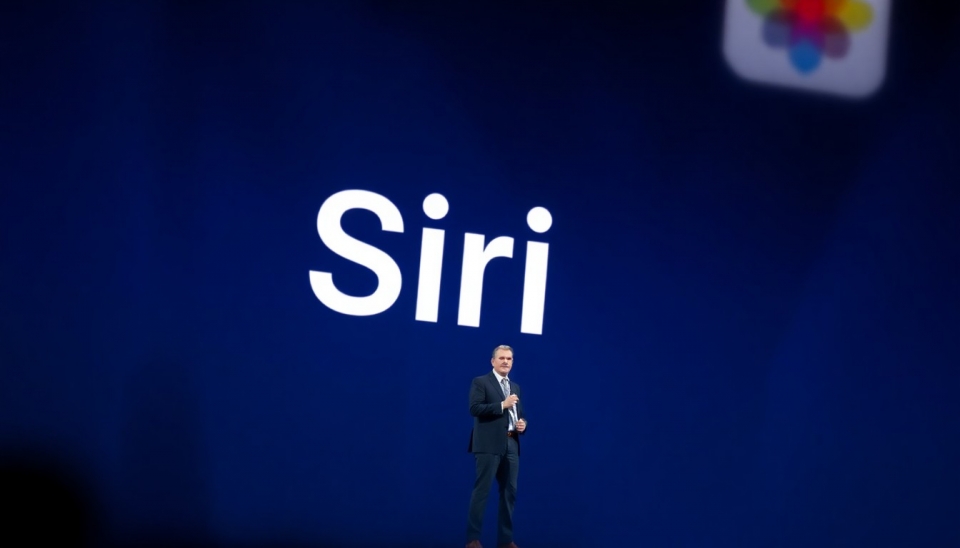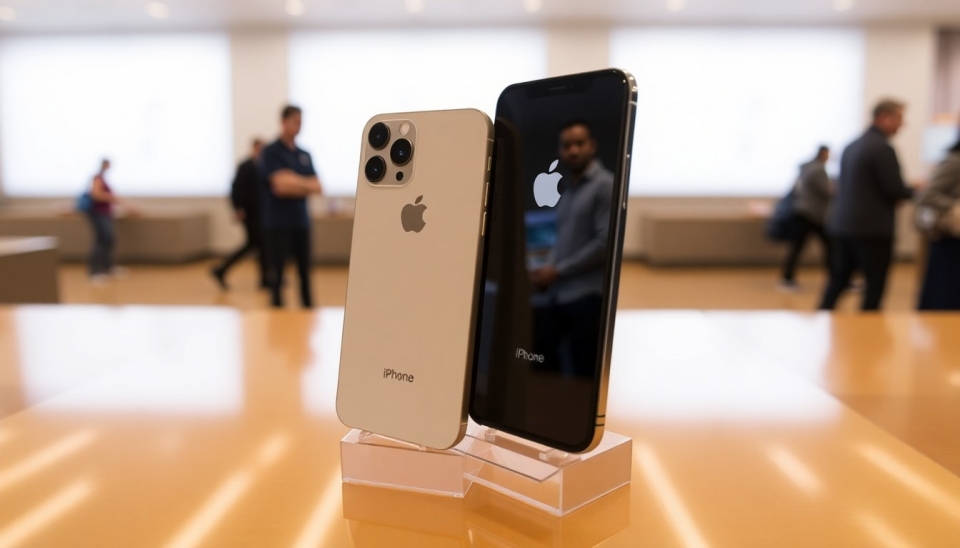
As consumers eagerly await the launch of the iPhone 17, speculations are intensifying around the potential impact of tariffs imposed during the Trump administration on apple's pricing strategy in the U.S. market. As the company prepares for its next flagship model, analysts are keenly observing whether Apple will opt to pass the heightened production costs resulting from these tariffs onto customers.
The backdrop of this situation is the ongoing trade tensions that have seen a series of tariffs levied on Chinese products, which include electronics and technology goods, particularly affecting smartphone manufacturers. Apple's reliance on Chinese manufacturing partners has raised concerns about how these tariff policies might influence pricing strategies for the highly anticipated iPhone 17.
Rumors suggest that, despite the economic pressures, Apple's past strategies could indicate a propensity to maintain premium pricing. Historically, Apple has been known to elevate prices with each new iteration of its flagship device. However, the company's recent efforts to expand its market share and the increasingly competitive landscape within the smartphone sector add layers of complexity to this pricing decision.
Many industry experts believe that while Apple could potentially increase the prices of the iPhone to absorb the additional costs incurred from tariffs, it may also consider holding steady on pricing to avoid alienating consumers. This could be particularly crucial as the smartphone market continues to evolve with users increasingly leaning towards high-spec devices at competitive price points.
Tech enthusiasts and potential buyers alike are left to ponder the implications of these tariff-induced pressures on their purchasing decisions. Will Apple’s strategy be to sustain its premium position with higher prices, or will it adapt to a shifting market by maintaining its price point to encourage customer loyalty and sustain volume sales?
Furthermore, Apple's pricing strategy may also be influenced by other factors such as consumer demand, trade negotiations, and the overall economic climate leading up to the release of the iPhone 17. With the tech industry so sharply reacting to external factors, any decision regarding pricing will likely be analyzed closely by investors and consumers alike.
As the launch of the iPhone 17 approaches, clarity on pricing strategies remains elusive, further fueling discussions about the potential effects of government policies on consumer technology products. Apple is a brand that thrives on anticipation, and as the release date draws near, many will be closely monitoring how the company decides to navigate its pricing amidst these challenges.
In conclusion, whether or not Apple decides to raise iPhone prices as a response to Trump-era tariffs could set a precedent for the future of tech pricing amidst volatile trade policies. Consumers will be left watching and waiting, ready to act based on the tech giant’s next move.
#Apple #iPhone17 #Tariffs #TechNews #SmartphonePricing #ConsumerTech #TrumpTariffs
Author: Emily Collins




